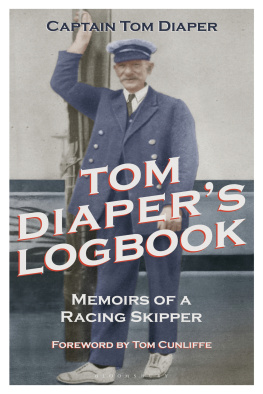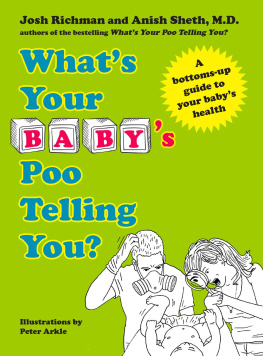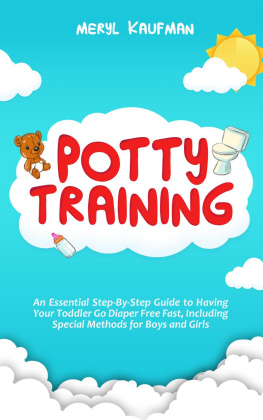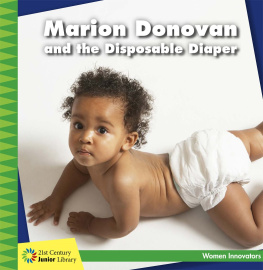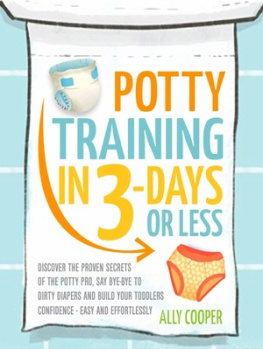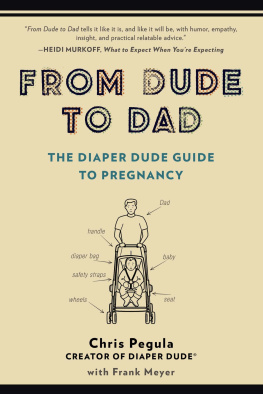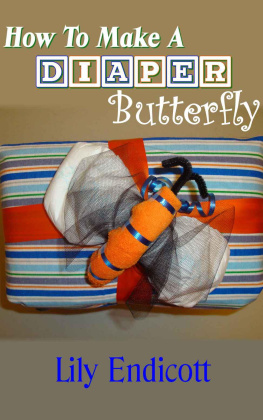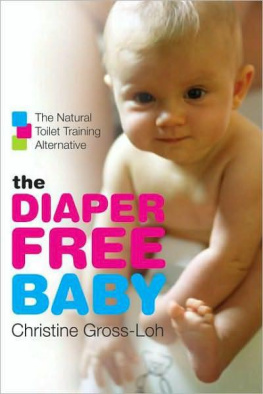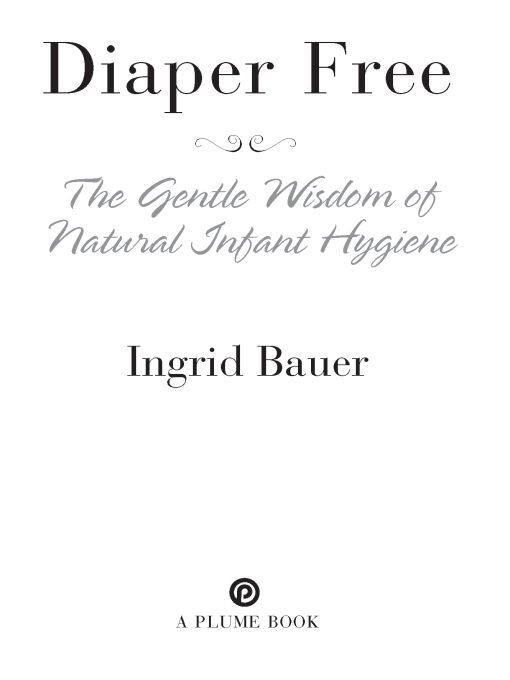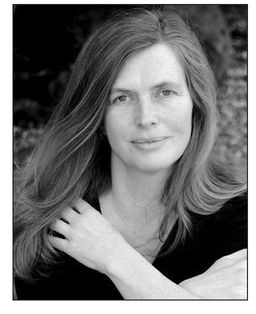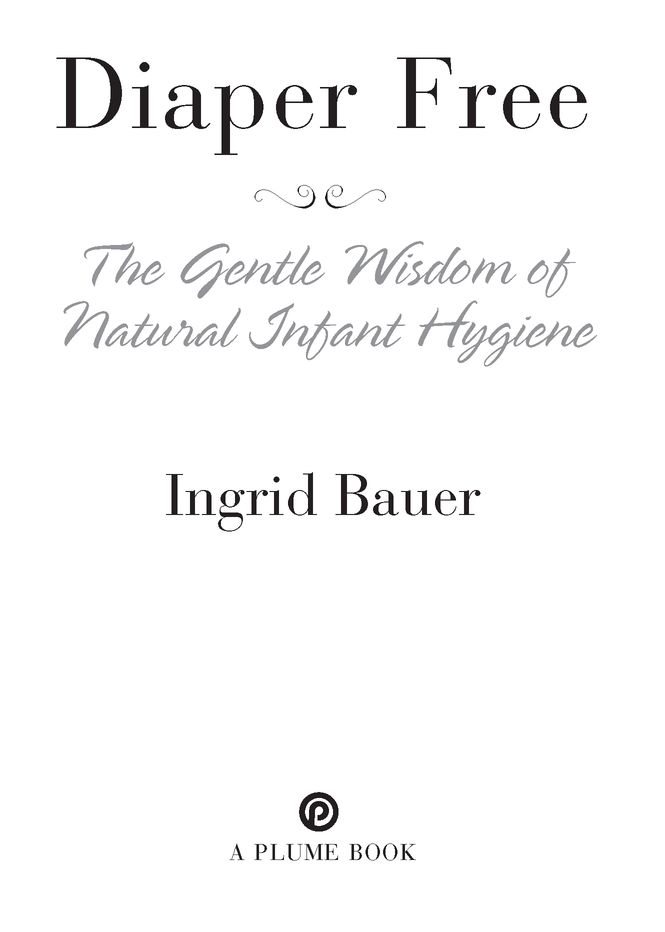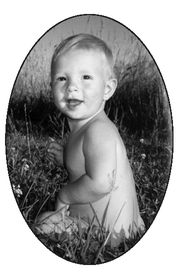Table of Contents
A PLUME BOOK
DIAPER FREE The Gentle Wisdom of Natural Infant Hygiene
INGRID BAUER is a compassionate parenting advocate and is considered a pioneer of the diaper-free movement in the West. Her work has been published in the United States, Canada, Australia, and Europe, and she has appeared on national radio and television. A certified Nonviolent Communication trainer, Bauer teaches workshops and offers parenting coaching, family mediation, and individual counseling.
Ms. Bauer is trilingual and holds an honors degree from the University of Toronto. However, she believes her true education comes from real life: traveling the world, birthing and raising children, living with nature, nurturing relationships, and striving to live each moment fully as it arises.
The mother of one adult son and two younger children, Bauer lives with her family on Salt Spring Island, British Columbia, Canada.
BOOKS ARE AVAILABLE AT QUANTITY DISCOUNTS WHEN USED TO PROMOTE PRODUCTS OR SERVICES. FOR INFORMATION PLEASE WRITE TO PREMIUM MARKETING DIVISION, PENGUIN GROUP (USA) INC., 375 HUDSON STREET, NEW YORK, NEW YORK 10014.
Acknowledgments
To all who journeyed with me through the writing of this book, whether briefly or for the long haul, my deepest thanks. In particular, my heart sings its gratitude to:
All the incredible mothers and fathers who so generously shared their experiences with Natural Infant Hygiene, their feedback, and their photos. There are far too many for me to include you all, yet each and every one helped shape this book in some way. Thank you so much.
Cynthia Bennett, for providing a spark that ignited my discovery.
Laurie Boucke, for her support as a peer and her friendship. Dr. Marten deVries, Dr. Thomas Ball, Dr. Paul Fischer, Dr. Lauri Nandyal, and all those from whose work I quoted or whose stories I used.
Rineke Jonker, Jana Kutarna, Stan Howard, and Amei Parkes, who read parts of the manuscript and offered honest feedback, true friendship, and encouragement.
Scott Noelle, for providing a reliable sounding board, supporting me in writing from the heart, and indulging my need for irreverent silliness in the middle of the night. And to Beth and Olivia, for gracefully supporting our marathon phone calls.
Teresa Pitman, for sharing her profound experience as a compassionate writer and mother, and for her constructive feedback on many of the chapters.
Emily Haynes, my editor at Plume, for believing in this book, for her patience with my questions, and her flexibility in working together.
My parents, Siegfried and Sieglinde Bauer, for their unfailing love and support, no matter how unconventional my path.
My children: To Noah, for his technical support, understanding, humor, and for sharing computer time and thoughtfully turning down his music so I could concentrate. To Ayden, for traveling joyfully with me and teaching me patiently. To Nikoya, for renewed inspiration.
And to Jean-Claude Catry, partner, soul mate, co-parent, and steadfast mountain on which I prowl. You supported my vision in the most generous and tangible ways, simply because it was there. Your trust, your patience, your time, and your gentle fathering of our children made the space for me to fulfill this dream. At least to me, your silent presence is evident on every page of this book.
I feel blessed to have you all in my life.
Introduction
People are surprised to learn that my son stopped wearing diapers consistently when he was four months old, and that my daughter almost never wore diapers from birth. They sometimes assume, erroneously, this means my children simply relieved themselves wherever, whenever, while I cleaned up after them. They often find it hard to believe that my babies were aware of their need to eliminate and that we were able to communicate about it long before they spoke their first words. Even those who watched me tune in to my babies elimination needs, and saw them respond, still occasionally shook their heads in disbelief and exclaimed, But thats not possible!
Yet it is possible. Ive experienced it. People of many cultures worldwide never use diapers, relying instead on this same natural communication between mother and child to keep their babies comfortable and their homes clean. Few people realize that this can be practiced within our own culture, reducing the need for diapers significantly, sometimes even completely.
In a search for a natural alternative to diapering, I discovered that babies are, from birth, aware of their elimination needs. Amazingly, they can and do signal these needs, and will respond to communication from their caregivers as well. Tuning in to your babys elimination needs is a synergistic and natural bonding process, much like breast-feeding.
A Growing Interest
This book began its journey in 1997 in response to the many people who first asked me to write about my experiences. They wanted support and information that might help them practice what I first coined Elimination Communication (EC) and later came to call Natural Infant Hygiene. I wanted every parent who might be open to this choice to at least know it was available.
Since the books initial publication in November 2000, the number of Western parents who have discovered and embraced Natural Infant Hygiene has burgeoned into a growing global movement that has captured the attention of national and international media, spawned dozens of articles, Web sites, and e-mail lists, and inspired the founding of an active international support organization. Ive been blessed and am grateful to experience this blossoming of awareness in the company of dedicated fellow EC researchers, authors, and advocates as well as hearing from and sharing with thousands of parents who are practicing it. A few of their stories and photos appear in this book. Their experiences, insights, and input have inspired many of the updates and additions youll find in this new, fully revised Plume edition.
Along with the millions of parents around the world who traditionally keep their babies diaper free, Westerners from all walks of life and from many different social, ethnic, and economic backgrounds are now practicing this gentle method. Some doctors, health-care professionals, and others who work with children are slowly joining the ranks of parents, researchers, and authors in supporting the practice of Natural Infant Hygiene and are enriching the approach. Besides Natural Infant Hygiene and Elimination Communication, youll also see this practice referred to as the diaper-free method, Infant Potty Training (after Laurie Bouckes book by the same name), Elimination Timing (Natec), DiaperFreeBaby (www.diaperfreebaby.org), early-start potty training (Linda Sonna), undiapering, and just simply peeing the baby.
A Bias for Gentleness
No book is written from a wholly objective viewpoint. This one is no exception. Though backed by extensive research, I write from my personal experience with a bias that reflects my parenting philosophy. I have chosen to present Natural Infant Hygiene as an integral part of an intimate relationship between parent and baby. In this context, I approach diaper-free infant care as one piece of a larger hologram of compassionate and responsive nurturing, and not as yet another parenting technique. I believe babies are happiest when they spend their first months and years in close contact with their parents, particularly their mothers. I think babies usually thrive best when they are nurtured at their mothers breast. I assume that babies sleep most securely with loving parents in the family bed. I believe that children are simultaneously far more capable than we often give them credit for and far more dependent than we appreciate. As a parent, I want to be my childs ally, and I want to cultivate compassion, creativity, and a willingness to take my childs needs seriously. I believe that a prompt response to a childs needs helps that child maintain and develop an innately secure interdependent nature. Natural Infant Hygiene can go far beyond just keeping a baby clean, dry, and happy with less diapers. It offers an opportunity to practice compassion, trust, and respect that can lay the groundwork for a lifelong loving relationship with your child.


